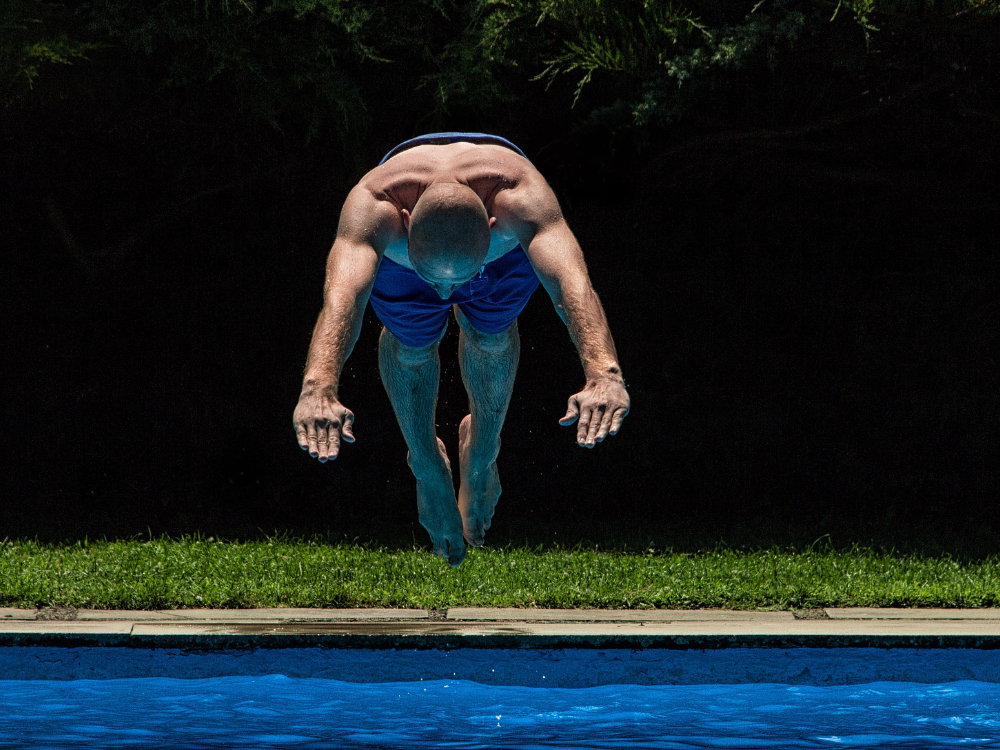- Home
- Ibogaine Treatment
- Taking Ibogaine at Tabula Rasa
- Preparation
Preparation
Preparation
We collaborate closely with an ibogaine counsellor, recommending that clients with addictions undergo pre-treatment sessions to prepare for their time at Tabula Rasa. Following their stay, clients have the option to book online counselling sessions with our counsellor as needed.
Our pre and post treatment partner helps people use ibogaine as a tool to become more connected and comfortable in who they are, thereby removing the need to self-medicate and enabling them to modify the ways in which they navigate the world.
The process is therefore not about drugs per se. Rather, it’s about connecting to one’s authentic self and living a meaningful life – whatever that may be for each individual person – and, as a consequence, no longer feeling the compulsion to use drugs.

We instil this intentionality in our clients during the pre-treatment phase by awakening their curiosity in the unconscious processes that drive their behaviour, and inspiring a sense of integrity. In doing so, we ensure they arrive for their ibogaine treatment with a commitment to self-knowledge and self-actualisation rather than mere detoxification, and are therefore in the correct state of mind to achieve a positive outcome.
Pre-treatment: A fundamental aim of the pre-treatment phase is to enable clients to disassociate from their addiction, by becoming aware of the cognitive processes that underlie their addictive behaviours and understanding that these subconscious patterns do not define who they are.
We encourage and guide clients through this process of self-examination, helping them to identify the subconscious reservoir of pain – which Eckhart Tolle calls the Pain Body – that is repeatedly activated by day-to-day situations in order to compel certain behaviours. By exploring the scaffolding of culturally conditioned narratives that holds this Pain Body in place, we assist clients in becoming more fully aware of the ways in which the fears, insecurities and shame fostered upon them by society have terrorised them into suppressing vital aspects of their authentic self.
By introducing clients to a wide range of philosophical, psychotherapeutic and spiritual concepts, we enable them to identify new, life-affirming narratives that can support this burgeoning connection to the authentic self. Reframing one’s life history and identity in this way increases the congruence between what Carl Rogers calls the ‘perceived self’ and the ‘ideal self’, thus easing existential suffering and generating a greater sense of purpose, meaning and value in life.
Throughout this process, clients come to realise that the way out of addiction is through self-discovery, and that this, in turn, requires honesty. This new-found commitment to developing their awareness of and connection to their authentic self ensures that clients arrive for their ibogaine treatment with a profound respect and reverence for what they are about to experience: they no longer approach ibogaine as a ‘magic cure’ that will simply take away all their problems, but instead see it as something to help guide them on their journey of honest self-examination.


Creating the right environment for integration
The post-ibogaine period is a critical stage in the recovery process, and spending time in an environment that is conducive to integration is of paramount importance. Throughout pre-treatment we assist clients in making arrangements to spend an extended period away from home immediately after their ibogaine treatment, giving them space to foster their new-found sense of connection to their authentic self by experiencing natural highs and taking part in rewarding activities, free from the stresses of everyday life.
It is equally essential to begin the process of amending clients’ home environment, ensuring they do not return to the same crises, frustrations and dead-ends that previously triggered and perpetuated their addiction. Financial struggles, dysfunctional relationships and a host of other issues contribute to this, and as clients become aware of how these situations play into the narratives underlying their addiction, they develop an appreciation of their responsibility to resolve such issues as an integral part of their recovery.
As well as helping clients connect to this sense of responsibility, we also offer assistance in resolving any dysfunctional areas of their lives, whether by talking with family members and loved ones in order to help them understand how their demands may be contributing to clients’ addictions, providing financial advice, or otherwise.
In the weeks and months after ibogaine treatment, we continue to work with clients by analysing their day-to-day experiences and behaviours, and examining how these represent opportunities to deepen their self-awareness, integrity and self-actualisation, thereby integrating the insights gained during pre-treatment and the ibogaine encounter itself.

